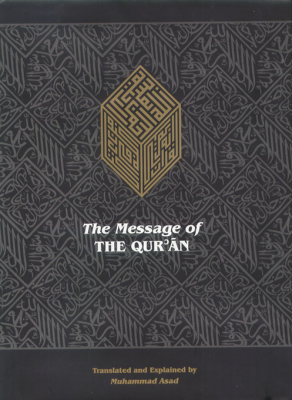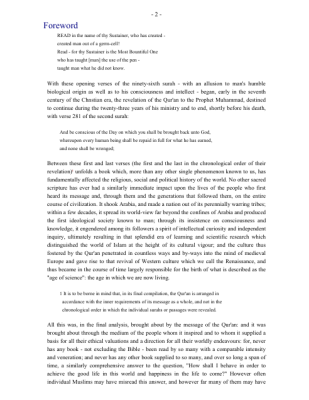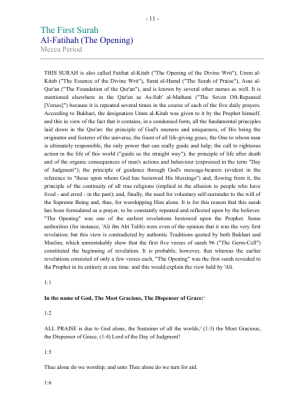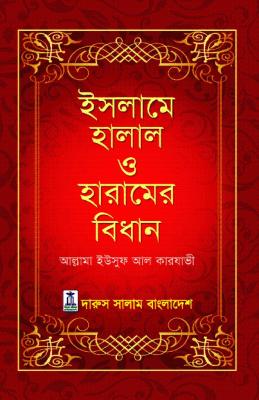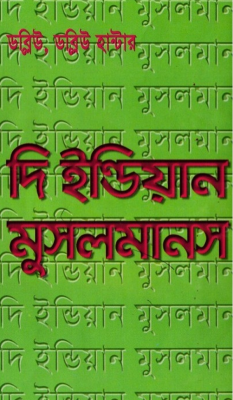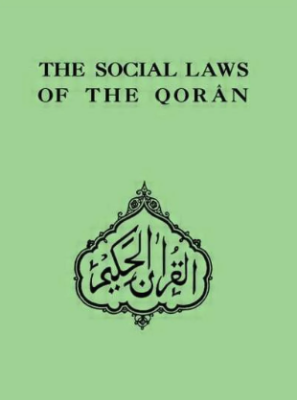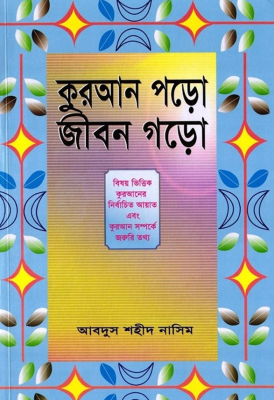The Message of the Qur’an by Muhammad Asad is one of the most profound and intellectually engaging English translations of the Qur’an. First published in 1980, it represents the culmination of Asad’s lifelong study of Islam, Arabic, and the Qur’an itself. Muhammad Asad, born Leopold Weiss in Austria, was a Jewish intellectual who embraced Islam in the 1920s and went on to become one of the 20th century’s most influential Muslim thinkers, scholars, and diplomats. His unique background gave him the ability to bridge classical Islamic scholarship with a modern, rational perspective.
What makes this translation stand out is its clarity and contemporary relevance. Asad avoids archaic English expressions and instead chooses simple, modern wording, allowing today’s readers to engage with the Qur’an more directly. His aim was not only to translate the text but also to communicate its timeless message in a way that resonates with people living in the modern world.
Alongside the translation, Asad provides comprehensive commentary and explanatory notes. These notes are not mere linguistic clarifications but deep explorations of Qur’anic concepts, history, and philosophy. Drawing on classical exegesis, as well as his own reflections, Asad highlights the Qur’an’s emphasis on reason, justice, mercy, and universal ethics. His commentary often shows how Qur’anic principles apply to issues facing modern societies, making the book especially valuable for readers searching for practical spiritual guidance in contemporary life.
Another strength of Asad’s work is its intellectual honesty and balanced approach. He carefully avoids sectarian interpretations, presenting the Qur’an as a message meant for all humanity rather than for one group alone. This universal outlook has made the translation widely respected among both Muslims and non-Muslims who wish to understand Islam in its broader human and spiritual dimensions.
At the same time, some readers may find the commentary highly interpretive, as Asad frequently integrates his own philosophical insights and rationalist outlook. While this makes the work rich and thought-provoking, it also distinguishes it from more traditionalist translations. For this reason, it is often seen as complementary to, rather than a replacement for, classical tafsir.
Overall, The Message of the Qur’an is more than a translation—it is a monumental work of scholarship and reflection. Muhammad Asad succeeded in presenting the Qur’an as a living document of guidance, not only for Muslims but for all seekers of truth. For readers interested in a translation that combines linguistic precision, intellectual depth, and moral clarity, this work remains one of the finest and most enduring English versions of the Qur’an.


